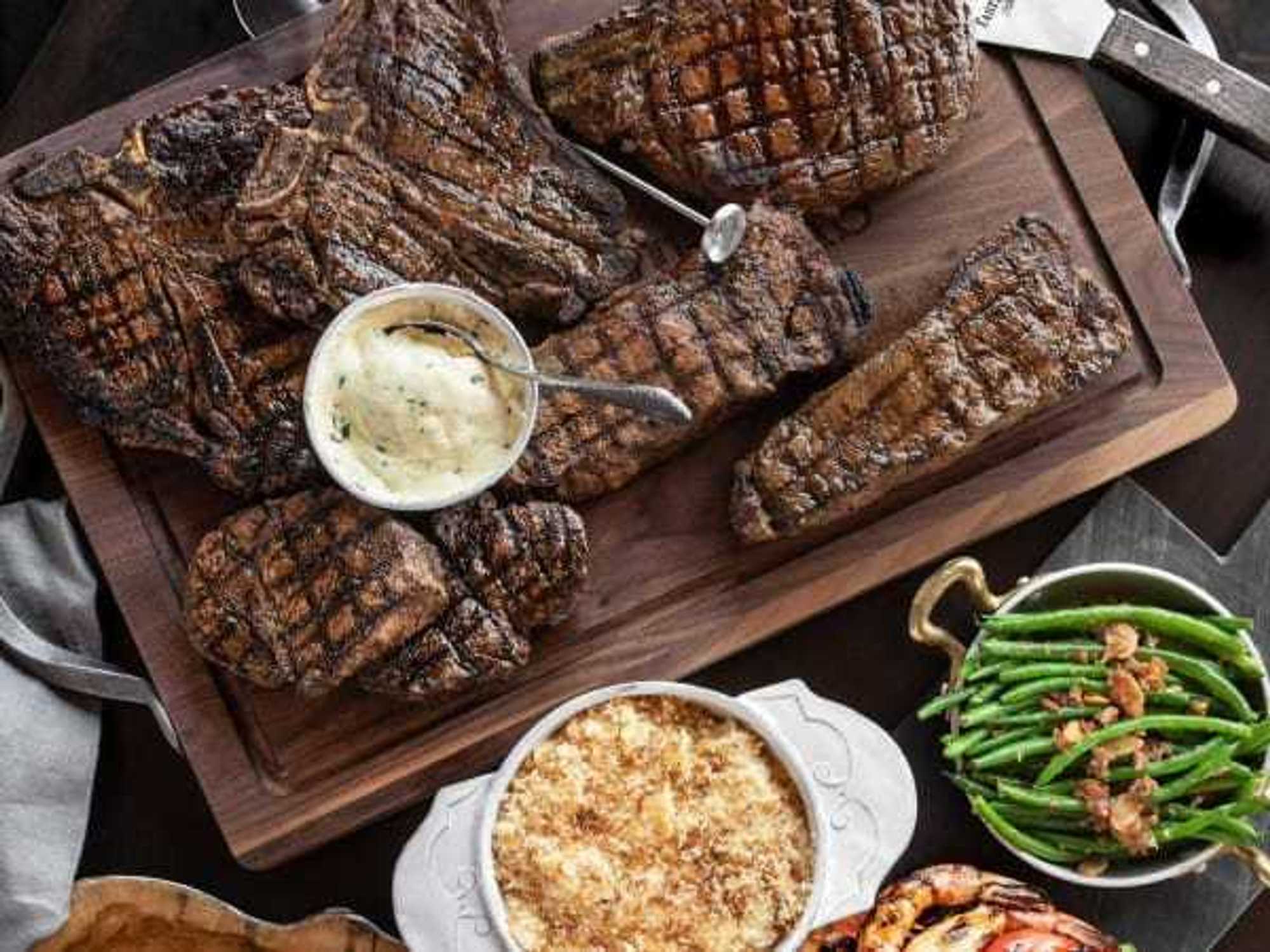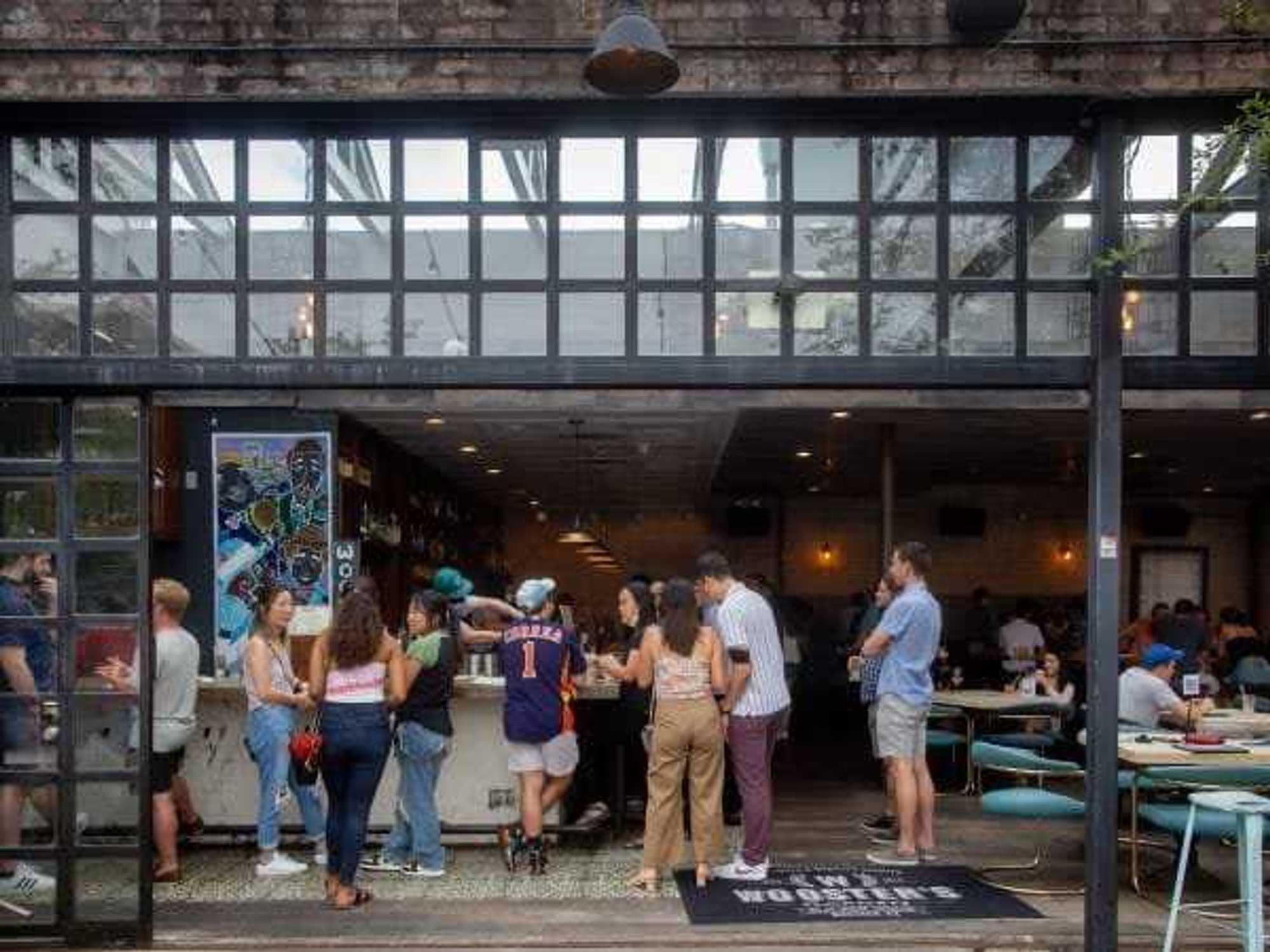Tattered Jeans
An unexpectedly grave concern: Running out of oil in middle of an oil spill
 When you're wondering if you're grave will get washed away in the oil spill"cleanup" ...Photo by Katie Oxford
When you're wondering if you're grave will get washed away in the oil spill"cleanup" ...Photo by Katie Oxford Yes, you can run out of oil in the middle of an oil spill. The call for help.Photo by Katie Oxford
Yes, you can run out of oil in the middle of an oil spill. The call for help.Photo by Katie Oxford In some places, the water looks like it's full of smoke.Photo by Katie Oxford
In some places, the water looks like it's full of smoke.Photo by Katie Oxford It's hard to tell what good the booms are doing.Photo by Katie Oxford
It's hard to tell what good the booms are doing.Photo by Katie Oxford If only there was some paradise for the Louisiana Indians through those trees.Photo by Katie Oxford
If only there was some paradise for the Louisiana Indians through those trees.Photo by Katie Oxford Russell Dardar took the author out on the water.Photo by Katie Oxford
Russell Dardar took the author out on the water.Photo by Katie Oxford Even with all the destruction, there's still a lot of beauty in the Gulf ... fornow.Photo by Katie Oxford
Even with all the destruction, there's still a lot of beauty in the Gulf ... fornow.Photo by Katie Oxford There's a whole lot of unnatural stuff in these waters.Photo by Katie Oxford
There's a whole lot of unnatural stuff in these waters.Photo by Katie Oxford
Editor's note: Katie Oxford is on the ground and in the boats in Louisiana, reporting from the heart of the Gulf oil spill disaster. This is the third of her columns from the scene.
After being on a boat with bullshitters, I happily hopped onto Russell Dardar’s on Day 66 of the oil disaster.
We met where I first saw Russell (the Pointe-Au-Chien Indian from Louisiana) sitting in the shade, with a macramé net of new potatoes (from his garden) hanging from above like the droopy ears of a hound dog.
Another Indian was sitting with him. There were no introductions, hardly words, which struck me as refreshing not rude. His friend got up and walked away without a sound. Russell stood too and said only one thing.
“Ready?” he asked. “I am,” I told him. Or so I thought.
Barefoot, Russell walked to the dock, and I followed. We stepped onto a small skiff that sat low in the water. He got behind the wheel while I took the same plastic chair I’d sat in the first day we visited.
Our first stop was at another dock along the Pointe-au-Chien bayou to pick up an extra can of gasoline. A little white dog ran up to greet us like he’d been waiting there all morning. When he jumped onto our boat, Russell fumed.
Yet I noticed he picked him up and placed him back down on the dock with the same care you might move a baby rabbit. Tenderly.
We continued — past the “marina closed” except to BP members. I snapped a picture of two workers unloading brand new boom, which best I could tell in some areas, was one big bust.
Once past the marina, it was all waterways and sky with muted colors of green marsh grass resting low in between. It was easy to see the difference between cuts in the marsh made by man and those that were not. One looked like an incision made with a pocket knife — the other as though God had just run his fingers through.
We came across oil in pockets, in colors, not just black. These were the scariest parts to me. Places where water looked like smoke ... injected with purple paint.
Russell would cut the engine — so we drifted into these areas. I realized seeing the damage in person was not like seeing it on television. And the closer I looked, the heavier my heart felt.
"How in the world is this ever going to get out of here,” I wondered. I didn’t cry out loud, rather silent and deep. Unimaginable was the sorrow of Russell’s and the Pointe-au-Chien Tribe.
Guns to save graves
I’d asked Russell if he’d also take me to the cemetery he’d spoken of a few days before. Along the way he explained that when the oil companies wanted to “cut through the cemetery too,” his ancestors had held their ground. “They stood people off with guns,” he told me.
We coasted into shore where a small path lead into thick brush. The second we stepped onto land, horseflies the size of nickels latched on to us like bees to honey. (If you’ve ever walked into a “flea infestation” you know what I’m talking about.)
Russell, apparently sweeter to the buggers than me, slapped around his head faster than his bare feet were moving and his breathing became panicked sounding. I fired my camera twice at the only remaining gravestone and we hot footed it out of there like two robbers from a bank.
"Where do you want to be buried?” I asked curiously. “Further north,” he laughed. “It’s still sinking here ... I don’t want to be buried upside down.”
Suddenly, the motor sounded funny. Russell cut the engine and mumbled, “Don’t tell me I did that.” He went to the front and dug for something below ... coming up shortly with a confirmation, “Yea, I did.”
The boat was out of oil he told me. I felt a strange war take hold in my stomach. Fear versus gladness. Russell again dug from below only this time; he came up looking relieved and holding his cell phone in one hand like he’d just caught a fish.
In seconds he had his cousin on the line and was speaking part English and the rest I couldn’t recognize. “Yea I brought gasoline,” he told Eugene, “but no oil.” He gave him our general vicinity (I thought) and just before hanging up said, “Yea, I got a woman ... and a little breeze.”
Wanting to put him at ease I said, “If we need oil we could just dip down in the water and get some,” I laughed. “Yea, what does that tell you?” he asked. “We need oil but not the way it’s coming in.”
All I felt now was gladness (thanks in part to Russell finding his cell). When would I ever be in such an environment again? Sit in this low-riding seat to take in its beauty (head to toe) before the scenery was all gone thanks to man. The moment was one to mark and so, I did.
The Wait
For 45 minutes (while waiting for a can of oil) — I watched the easy flight of egrets, herons and cranes; saw white in the pelicans — as clean as my grandmother’s cotton sheets flapping on her clothesline; heard strength in voice alone of one horsefly, a sound similar to when my brothers got their burrs.
I was grateful that Russell sat in silence too. That he didn’t inject words into ecology. I looked away from this grand movie briefly to write what felt like music notes more than words ...
“The Quiet ... is so ... quiet is ... so quiet.”
When Eugene arrived and handed the oil over, I felt a little sad. He smiled and left quietly.
We continued southward and reached the north part of Lake Raccourci — coasting into areas where oil was black. “Looks worse today,” Russell said as though talking to himself.
In Timbalier Bay we passed boats, “skimming for oil.” Russell pointed to his “oyster leases,” some 122 acres now closed and in booms. “How much do you lease them for?” I stupidly asked of the oyster areas.
“I wasn’t charging them,” Russell answered. “They’re my family.”
Closer up, the boom looked like it was disintegrating in these areas. When I asked Russell to explain this he said, “The oil was already here when they put the boom in ... I don’t know what it’s doing.” Who did?
By afternoon, it was time to make a U and head back. Along the way, Russell pointed high overhead to a kind of plane I’d never seen before. Its wingspan and slow speed reminded me of an Osprey. “Dispersant,” Russell said. When I asked him if he’d actually seen it spraying, he said “no” but I could tell he didn’t need to. The plane was the “third” he’d seen in the last two days.
Chugging along the bayou again, I reflected, “Who’d have ever thought we’d have all this oil around us and run out of it too?” I could have sworn I’d heard laughter coming from the marsh — like munchkins at first, then growing louder like a drum.
I retrieved a gift for Russell from my trunk. It was a watermelon I’d purchased in Bourg. The store owner said they were from “Alabama and sweeter than last year’s,” he claimed. Russell seemed surprised when I handed it over to him.
“It’s big,” he smiled.
I was pleased. I’d wanted to give him something from the ground ... even if it wasn’t grown from his.

 Last call for Wooster's Garden. Photo courtesy of Wooster's Garden
Last call for Wooster's Garden. Photo courtesy of Wooster's Garden